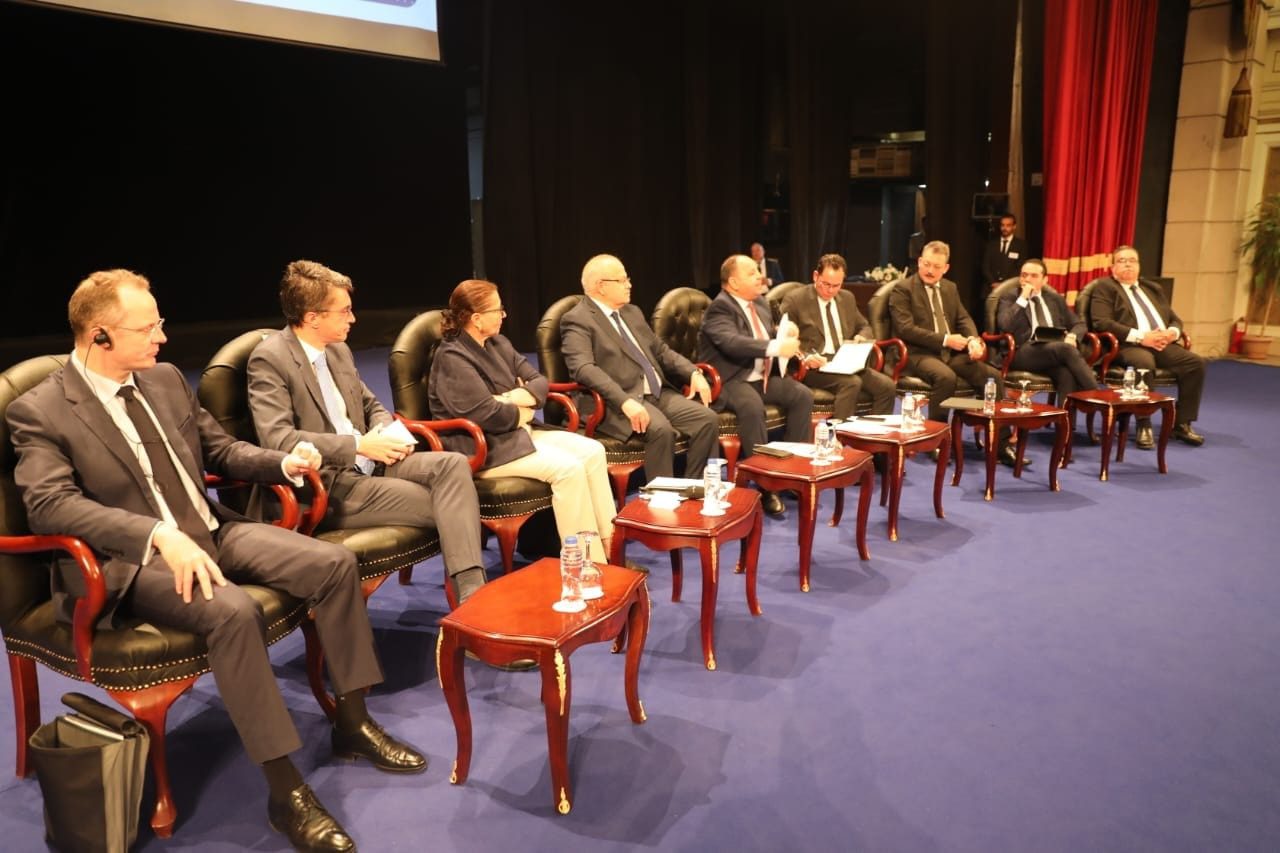Finance Minister addresses economic challenges, initiatives amidst global uncertainty – Dailynewsegypt


Finance Minister Mohamed Maait has announced the commencement of a corrective phase in Egypt’s economy, aimed at mitigating the severe impacts of both domestic and international challenges. This initiative seeks to minimise potential risks, particularly in response to the ongoing conflicts in Ukraine and Gaza, as well as the broader instability across the Middle East, including tensions in the Red Sea region.
During a seminar titled “Policy Making in Times of Increased Risk and Uncertainty,” Maait highlighted the government’s approach to managing public finances under these challenging conditions. “Our strategy involves flexible, balanced, and coherent policies, with a heightened focus on the private sector to drive the Egyptian economy towards sustainable growth,” he stated.
The seminar, part of the annual scientific conference organised by the Cabinet’s Information and Decision Support Center (IDSC) in collaboration with Cairo University’s Faculty of Economics and Political Science, featured Maait’s speech. The event was attended by Cairo University President Mohamed Elkhosht, Assistant to Prime Minister Osama El-Gohary, and various experts, academics, and representatives from executive authorities, the private sector, and international organisations.
Maait expressed concern over the economic slowdown, reduced trade, and the impact of restrictive policies aimed at curbing inflation, which has adversely affected both tax and non-tax revenues. He projected a significant drop in Suez Canal revenues, by approximately 60%, due to the Red Sea tensions, leading to increased public spending. The state’s financial burdens have been exacerbated by rising financing costs, attributed to higher interest rates and currency fluctuations.
The minister also noted that the inflationary pressures from global and regional crises have escalated the monthly import bill by an estimated $4bn. He emphasized the substantial increase in expenditure on petroleum resources, nearing EGP 200bn, driven by global price surges, shipping expenses, and exchange rate shifts.
Despite these challenges, Maait assured that the government remains committed to covering essential expenditures, including salaries, pensions, subsidies, development projects, healthcare, education, and meeting citizens’ needs, even under extraordinary global and local economic conditions.
In conclusion, Maait underscored the government’s efforts to bolster agriculture, industry, and information technology sectors, stimulate production and exports, and implement initiatives conducive to a favourable business environment. The state is dedicated to attracting greater investment and has allocated EGP 120bn in financing facilities to support productive activities.






